Stephanie Ybarra: Remember a couple of weeks ago when I sent you that screen shot, right after my announcement? Peter Marks of the Washington Post tweeted: “Stephanie Ybarra of New York’s Public Theater has just been named…” et cetera, et cetera. Shortly after: “Maria Goyanes of Public Theater was named Woolly Mammoth’s artistic director.” And then somebody replied with, “Is the Public Theater the farm team of the American theatre?” Which I thought was hilarious. What do you think?
Maria Goyanes: It makes sense. I think it’s because the Public is a behemoth, right? Where you get a lot of experience, working with so many different people and different opportunities. And different challenges to surmount. It’s definitely a place where you’re cutting your teeth. And certainly, going to Woolly—where I get to work on seven shows as opposed to twenty—it feels like a big difference. Maybe I’ll be able to have a little bit more time and space to think about what I really care about. At the Public, it was so fast and furious that it was hard to have any moments of reflection.
I’m really looking forward to that. Is there something you’re looking forward to?
Stephanie: Lots. I feel pretty psyched to get back to my new-play roots and to hold on to Shakespeare and continue the civic engagement.
The Public is not just a behemoth with a ton of stuff going on. It has a very specific culture and a very specific legacy. I’m curious to know, what are you taking with you?
Maria: One of the biggest things, which also feels true for Woolly Mammoth—and feels like is going to be a kind of mantra for myself as I move—is that the Public isn’t that satisfied with itself at any given moment.
Stephanie: That’s so true.
I think, unfortunately, the monolithic institutions and people who run them, will not change unless they are shamed. Or unless their livelihood is threatened. Or their funding is threatened. And that happens with calling out.
Maria: There’s no moment where you really feel like you’ve accomplished everything you are supposed to accomplish with your particular mission. I think that kind of productive dissatisfaction is something I’m going to be taking with me, because I think that helps us strive. The two big tentpoles for Woolly are boundary-pushing art—that kind of form-busting, virtuosic theatre at its most provocative and challenging—and challenging an audience to meet it.
How about you?
Stephanie: I’m taking something similar. There’s this sort of rigor that you learn. But there’s this other thing that has grown inside of me from my time in the mobile unit. I don’t think I’m ever going to let go of the idea that theatre can and should be at the center of a healthy civic life.
Maria: Amen!
Stephanie: We’ve heard all sorts of people say this over and over again, that artists are essential to a healthy democracy. And I think, even more specific than that, I am looking forward to a community. Going to Baltimore and working with not just the other theatres there, but other kinds of arts and culture organizations. Putting art back in the center of civic life, making it necessary again. I have impulses for how to do that and I’m pretty psyched to let the experience people have already had in Baltimore inform how best to do that.
Maria: I totally agree with that. Both of our organizations have a deep history in our communities and in in engaging with them. Certainly I know that Kwame was doing that and Irene Lewis was before him at Center Stage. But also Woolly in DC, by starting the connectivity department and actually trying to change the experience of an audience.
It’s interesting because the conversations around community and community engagement have changed so much. Really radically. And I’ve noticed them change even more radically since Trump was elected.
It feels more urgent for everybody to not just name and articulate the foot of oppression that is on many people in this country, but also try to name and have some vocabulary about how to find unity together.
Stephanie: I’m pretty grossed out by most of the conversations I’ve had about community engagement. In the American theatre specifically.
Maria: Totally.
Stephanie: I find the well-meaning and problematic impulses of many, many artists and creators and institutions way more dangerous than some of the overt racist rhetoric.
Maria: Sometimes I think the goal is to just go in and make sure you’re not being too harmful and hurtful first, before you can actually change things. I have found that it’s so fraught and so hard to articulate. It brings up so many personal emotions that it’s hard to call people in when maybe what they said is just a tad racist.
Stephanie: I don’t have very much patience anymore for calling in, particularly at an institutional level. My experience, particularly over the last eighteen months in the off-Broadway community, has been that you can have a conversation with some people, saying, “Hey, this is problematic,” and they’ll meet you there. But I think, unfortunately, the monolithic institutions and people who run them, will not change unless they are shamed. Or unless their livelihood is threatened. Or their funding is threatened. And that happens with calling out.

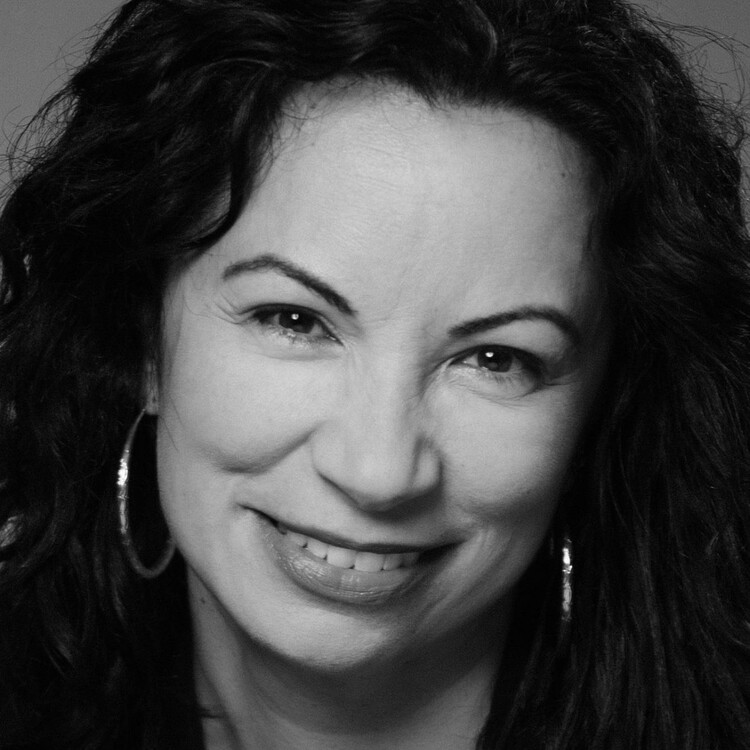
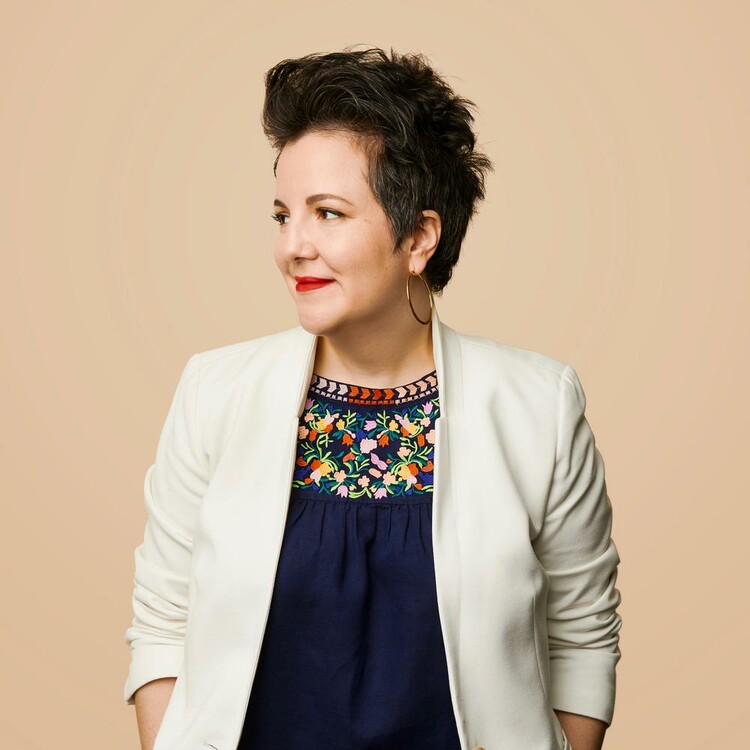
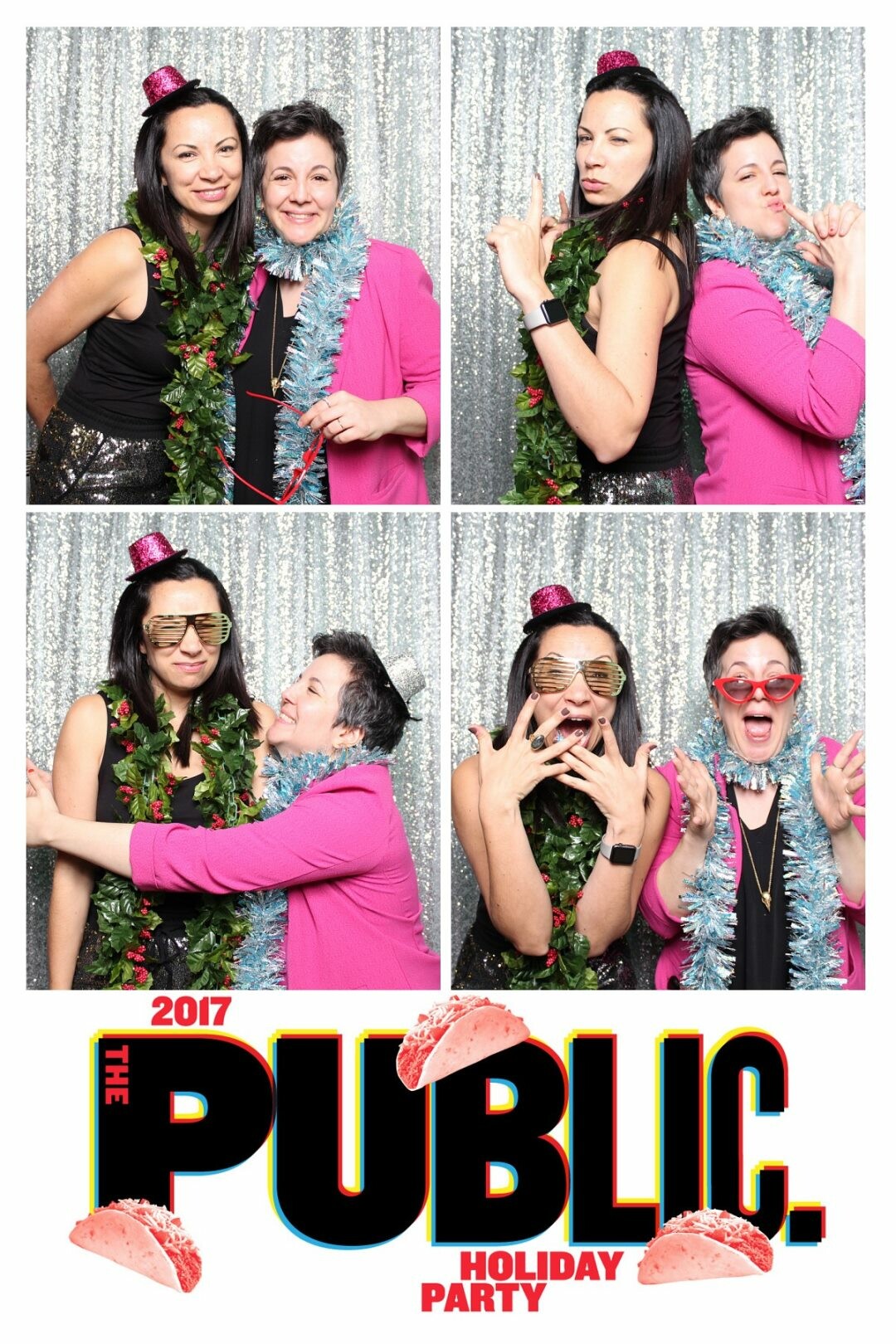
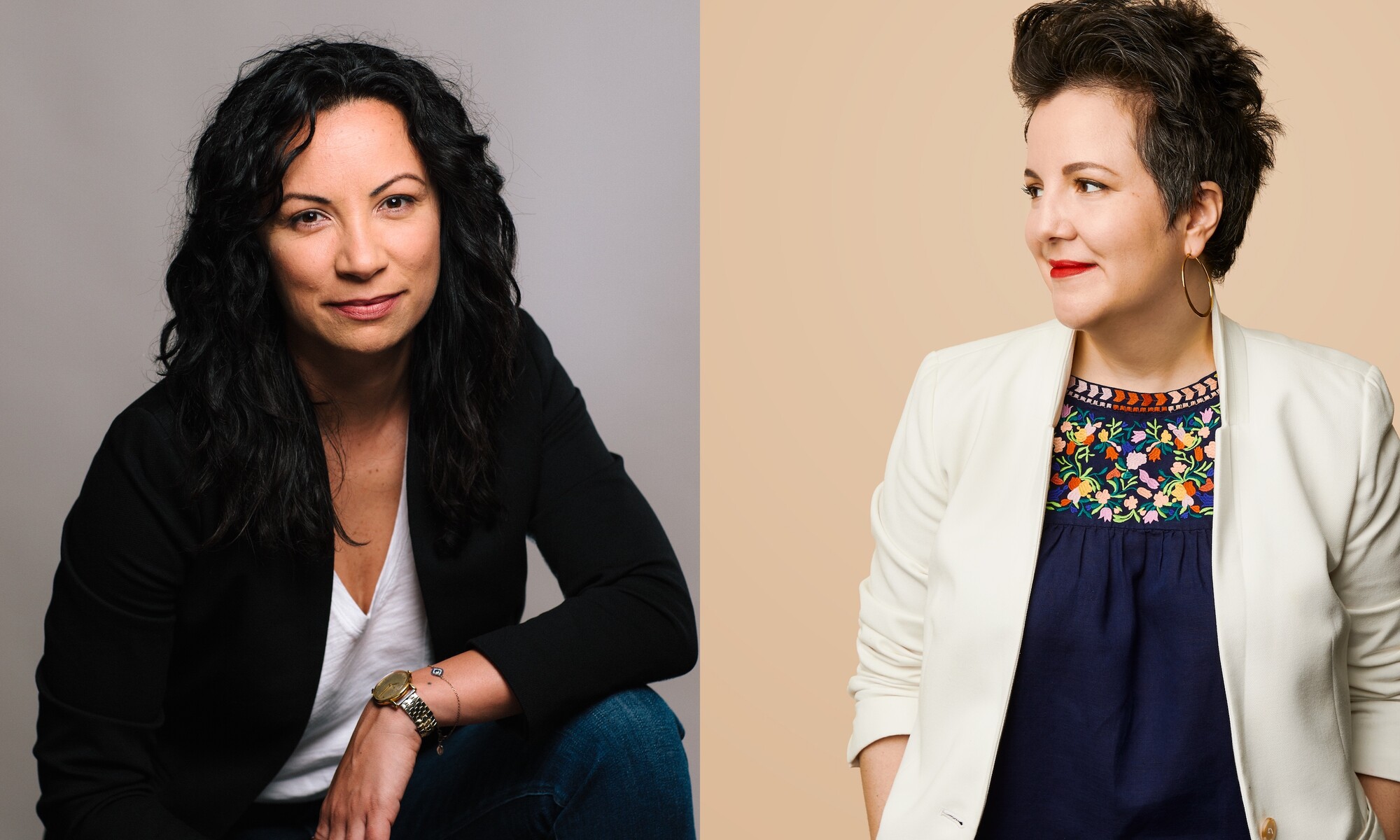
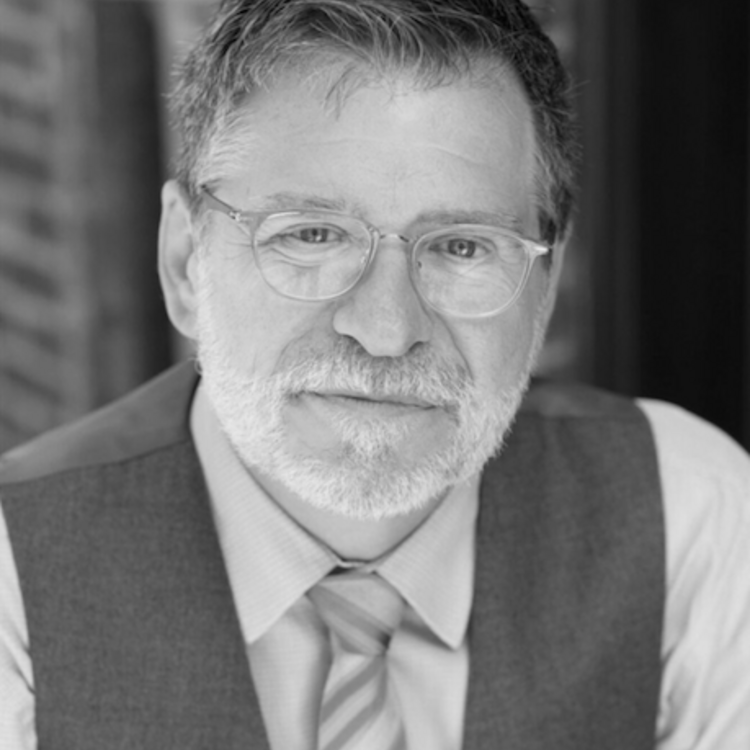
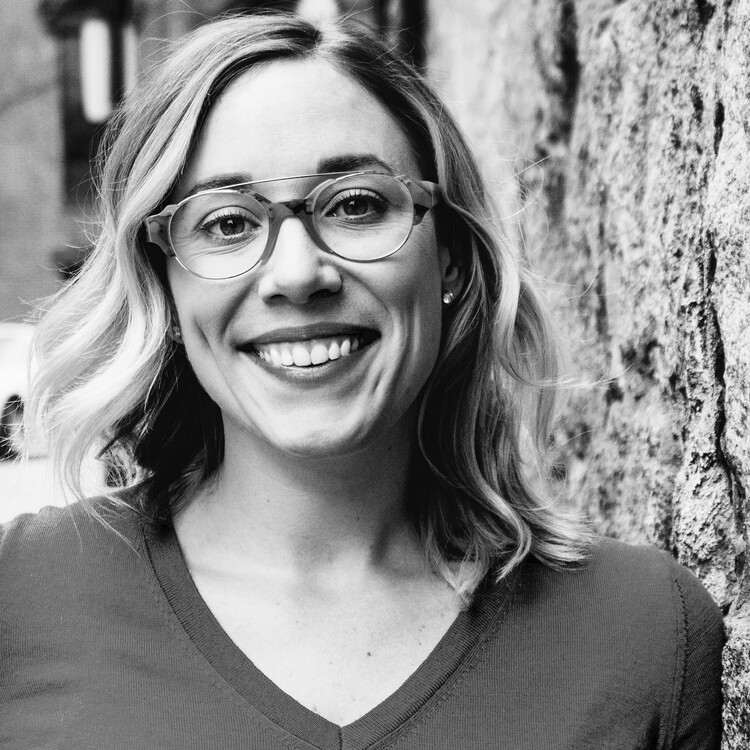
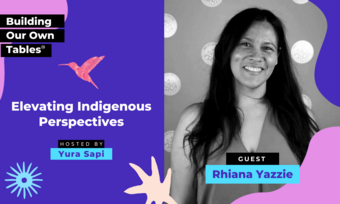


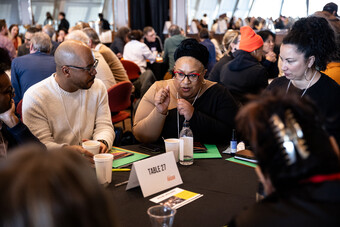

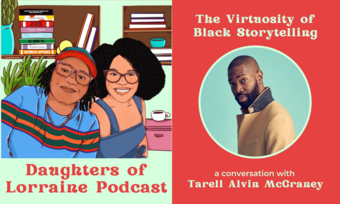



Comments
The article is just the start of the conversation—we want to know what you think about this subject, too! HowlRound is a space for knowledge-sharing, and we welcome spirited, thoughtful, and on-topic dialogue. Find our full comments policy here
This whole series has some choice out takes that we just couldn't include in the main essays. But Stephanie and Maria got into this conversation about Stephanie's coffee that was too wonderful to not include in the conversation. They recorded their conversation on a train to Boston together to see a performance.
Stephanie: Do you think that the,
Maria: can I have this? Are you not going to have it?
Stephanie: Yeah, go for it.
Maria: I totally want your coffee. Thank you.
Stephanie: It's got a ton of sugar in it.
Maria: Oh.
Stephanie: It's got a ton of sugar.
Maria: Like splenda?
Stephanie: Like splenda. Like, it's bad.
Maria: I'm going to try it.
Stephanie: It's horrid, don't judge me.
Maria: Oh my God Stephanie! This is like caffecito. So caffecito is like when you have espresso and you put a ton of sugar in the espresso. Maybe that's not caffecito, but my mother always called it, have a little caffecito after...but this is like crazy.
Stephanie: It's because I don't actually like the taste of coffee.
Maria: I could have gotten you tea.
Stephanie: I know, but I mean I like what it is now. And you can't...
Maria: Let the record show. Stephanie drinks coffee with splenda.
Stephanie: And a shit ton of cream. Like when I order my coffee I would like it to look like my complexion.
Maria: Speaking of complexions? Can we talk about racism?
Stephanie: Can we? Can we talk about racism?
Maria: Now we're actually having our conversation. Before we were actually doing something else. I don't know. But now we're actually having it.
Stephanie: I was about to ask, I was about to say this language around....
Maria: Maybe we can cut the other part.
Stephanie: Yeah, I think so. I think that what I was going to ask you, or provoke, in the realm of community. I'll just say this...
Maria: You can answer the question.
Stephanie: Okay
Maria: Or. This is awful, by the way.
Stephanie: Sorry I can't help it. I find...
Maria: I'm still drinking it.
Stephanie: Okay. Let the record show, you're still drinking the coffee you're complaining about.
[laughing]
Maria: Totally.
Stephanie: You are complicit.
Maria: Yeah. Caffecito complicit.